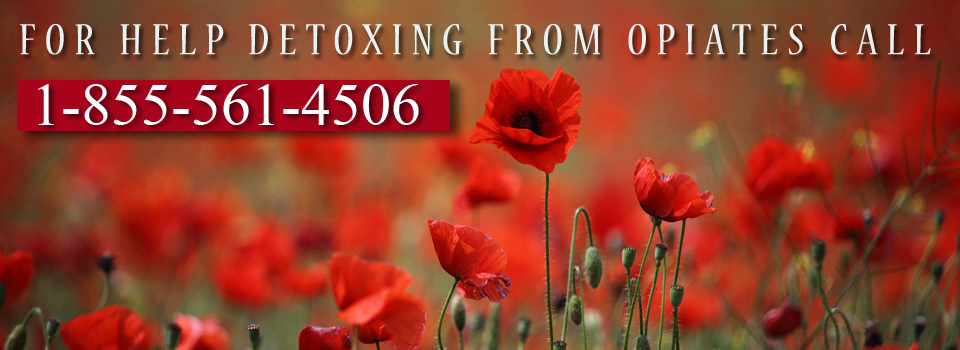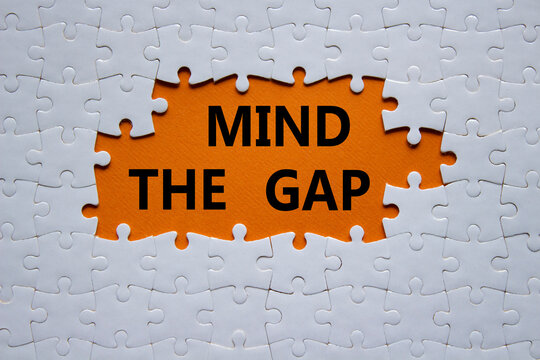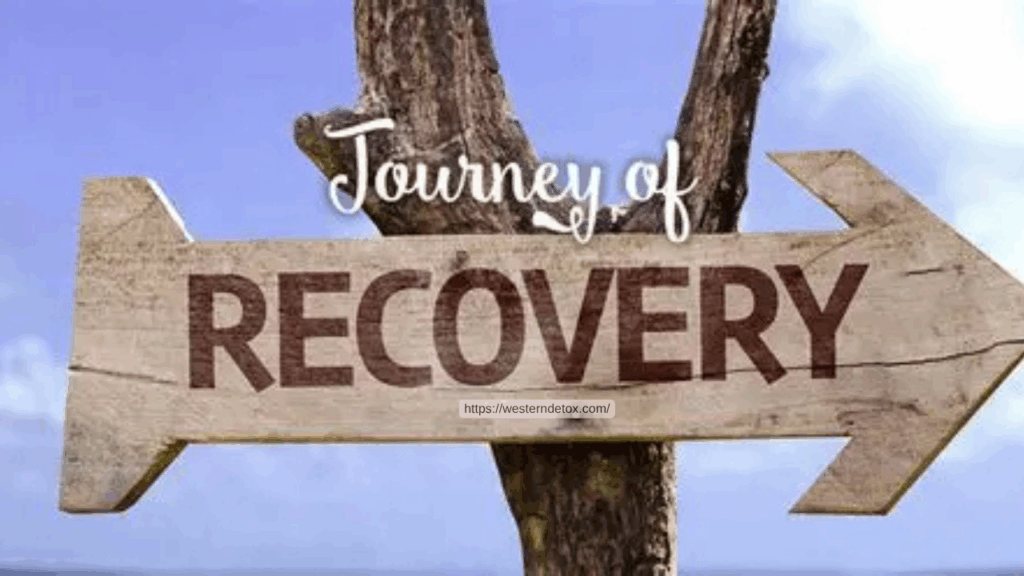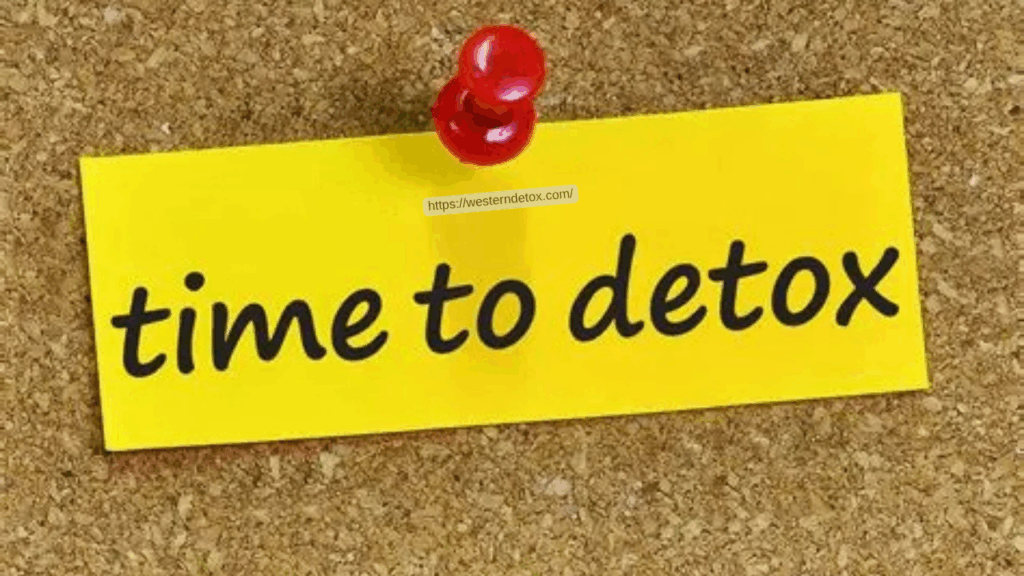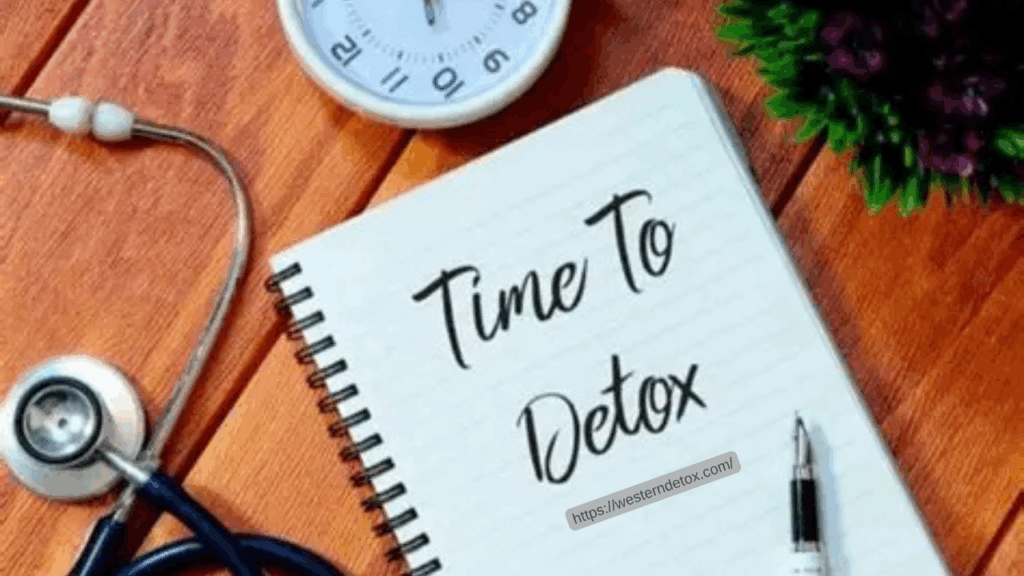For individuals struggling with addiction, the decision to seek help is urgent. Detox is the first and most critical step in the journey to recovery. It provides a safe, medically supervised environment to manage withdrawal and begin the process of healing. Yet across Western Canada, long wait times and program bottlenecks create barriers that can endanger health, reduce motivation, and compromise recovery outcomes. When every day counts, addressing these delays is essential to ensuring timely access to care and long-term success.
The Impact of Detox Delays
Long waits for detox services can have serious consequences. Addiction progresses rapidly, and delays increase the risk of relapse, overdose, and worsening mental health conditions.
Readiness Is Time-Sensitive
Individuals seeking help are often at a pivotal moment of motivation. Extended wait times can erode this readiness, making it harder for them to follow through when treatment becomes available. Immediate access preserves the momentum critical to recovery.
Physical and Emotional Risks
Withdrawal from substances like alcohol, opioids, or benzodiazepines can be physically dangerous. Without proper supervision, attempting detox at home can result in complications, hospitalizations, or even life-threatening emergencies. Delays also heighten stress, anxiety, and depression, further complicating recovery efforts.
Understanding Detox Bottlenecks in Western Canada
Several factors contribute to the bottlenecks that delay access to detox services.
High Demand and Limited Capacity
Public detox facilities often operate at full capacity. The increasing number of individuals seeking help has led to longer waitlists, leaving clients waiting days or weeks for treatment.
Geographic Barriers in Rural Areas
Clients in remote or rural communities face additional challenges. Limited local resources and long travel distances can delay entry into care and discourage individuals from seeking help altogether.
Complex Co-Occurring Needs
Many clients require support for both addiction and mental health conditions. Providing comprehensive care demands specialized staff and clinical resources, which can further restrict available beds and increase bottlenecks.
Solutions to Reduce Bottlenecks
Addressing detox delays requires collaboration, innovation, and a focus on holistic, client-centered care.
1. Public and Private Partnerships
Cooperation between public health systems and private detox facilities, such as Western Detox, can reduce wait times. When public programs reach capacity, private centers provide immediate access, ensuring clients receive care when they are ready.
2. Flexible Inpatient and Outpatient Programs
Offering both inpatient and outpatient detox increases capacity and meets diverse client needs. Outpatient programs serve those with mild withdrawal symptoms, while inpatient care provides intensive support for more complex cases.
3. Holistic and Individualized Care
Detox is more than medical stabilization. Integrating mental health support, counseling, and faith-based or holistic approaches prepares clients for long-term recovery. Addressing physical, emotional, and spiritual needs enhances outcomes and reduces relapse risk.
4. Leveraging Technology and Community Networks
Digital platforms for real-time bed tracking, telehealth assessments, and coordinated community outreach streamline access to care. Strong collaboration between healthcare providers and local organizations ensures faster, more effective treatment pathways.
The Path Forward
Every day matters in recovery. Reducing detox bottlenecks saves lives, protects physical and mental health, and maintains the motivation that fuels recovery. By combining public resources, private expertise, and holistic care, Western Canada can create a more responsive and compassionate detox system.
At Western Detox, clients receive individualized, comprehensive support designed to meet their unique needs. From medical stabilization to emotional and spiritual guidance, every aspect of care is tailored to ensure safe, effective recovery.
If you or a loved one is ready to take the first step toward healing, contact Western Detox today. Timely, compassionate care is available, helping every individual move from crisis to recovery without delay.
